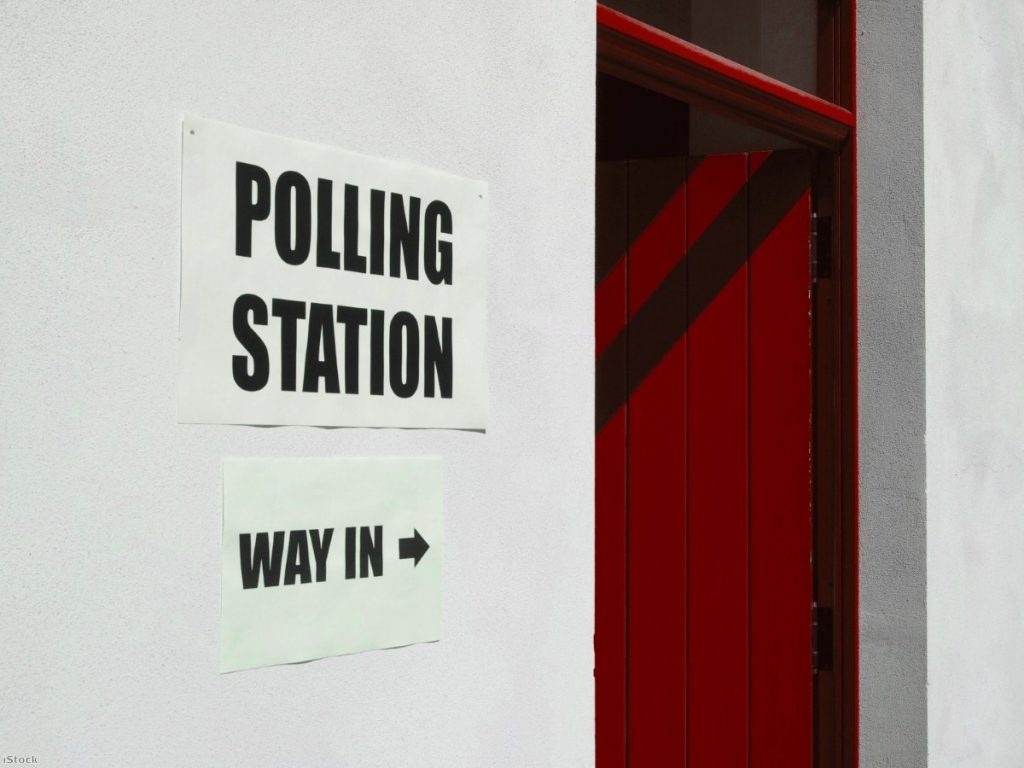Labour's problems haven't gone away. A vote on airstrikes in Syria, if reaches the Commons, would probably divide the party more severely than the Tories. It has a trade secretary, Barry Gardiner, who not only branded the party's Brexit policy "bollocks", but then insisted he did nothing of the sort until recordings were released. This week, Israeli Labour cut ties with Jeremy Corbyn's party over anti-semitism while former BNP leader Nick Griffin announced he would vote for it. As far as horrific sentences go, that one has to be pretty much up there.
Labour is having a dreadful time. But don't rule them out yet. Peer past the front pages and look at the policies being put together and you will see the kind of armoury needed to fight a successful election campaign.
This week the party announced two policies: free bus travel for under-25s, paid for via road tax, where services are municipally owned, and a nationwide legal standard for hospital food. Both are well thought through and likely to be highly effective.
The bus policy does several things at once. Firstly, it helps address the criticism of Corbyn's Labour party that it is a socialist project dreamed up to make the middle classes feel better about themselves. As James Ball argued in a recent Politics.co.uk piece, the relentless focus on rail nationalisation is punishingly expensive and primarily benefits wealthier consumers.


Buses on the other hand are relied on by poorer workers. Bus transport has been badly served by privatisation. Services have been in decline in many parts of the country. Firms cherry-pick profitable routes and leave the hard-to-reach non-profitable ones to cash-strapped local councils.
Labour's masterstroke is to combine help for young people with a good case of market failure, in a policy which will also appeal to green voters.
On Friday, shadow health secretary Jonathan Ashworth unveiled plans to create a minimum legal basis for hospital food, of the type which is already in force for prisons and schools, at the Hospital Caterers’ Association annual conference. Hospital spending on food varies wildly, from £3 to £40 a day. This is a first step towards providing basic standards and enforcing existing guidelines on nutrition.
Another policy, announced in February as part of a raft of measures on animals, deserves mentioning in the discussion. This created a legal right for renters to have their pet in their home, unless it could be shown they were disruptive.
The 'right to pets in rented flats' policy sounds like one of those things that's going to quietly resonate a lot.
— Mike Bird (@Birdyword) April 11, 2018
These are the types of policy which pass the pub test. They can earn a hearing at moments where politics is not usually discussed, on matters which are considered more about the irritations of day-to-day life than Westminster.
People with pets have an absolute nightmare trying to find landlords without a no-animals policy. Whenever anyone stays at hospital, the food is the first thing to come after the rather more serious business of their illness is discussed. Free bus travel for the young has the potential to be as embedded in conversations about transport as the freedom passes enjoyed by the over-65s.
The Conservative response has been noticeably unimpressive. The hospital food policy comes on the same day health secretary Jeremy Hunt is facing questions about breaching anti-laundering laws when he set up a company to buy seven luxury flats. Labour couldn't have asked for a greater discrepancy between multi-millionaire Tory ministers and a many-not-the-few opposition.
On free bus travel, the knee-jerk Conservative response, both among MPs and the press, is to brand it financially reckless and highlight the cost to the taxpayer. It is unclear that these tactics have any effect even on their intended audience. As Remainers have found, citing financial projections is becoming ever-less effective, partly, ironically enough, because of the Tories' own dismissal of experts and forecasts.
But the effect it has on the under-25s, who are presumably not the intended audience, is even more damaging. The message here is quite simple: We are not for you. It is a wonder that a governing party with a dwindling, elderly membership seems to have such little interest in competing in the cities or among the young.
The Corbyn leadership is in a terrible place on macro-political matters, from anti-semitism to Brexit. But on the micro-political level it is amassing policies which could prove highly popular – and even decisive – in elections.
And as it happens, there are elections just around the corner.
Ian Dunt is editor of Politics.co.uk and the author of Brexit: What The Hell Happens Now?
The opinions in politics.co.uk's Comment and Analysis section are those of the author and are no reflection of the views of the website or its owners.









